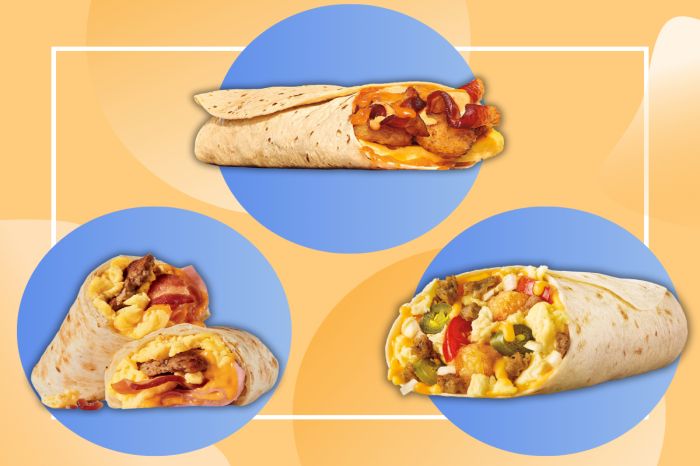California’s forthcoming increase in fast-food worker wages is set to trigger significant changes in overtime eligibility, highlighting unexpected consequences of the state’s unique wage-setting system.
Under existing California law, salaried employees are exempt from overtime if their salary is at least double the minimum wage. However, starting April 1, the minimum wage for most fast-food workers in the state will rise to $20 per hour, subsequently increasing the threshold for salaried employees’ exemption from overtime pay.
As a result, managers and other salaried staff at fast-food restaurants will need to earn at least $6,933 per month or approximately $83,200 annually to maintain their overtime exemption. Employees earning below these thresholds will become eligible for overtime pay effective January 1.
The implications of California’s groundbreaking fast-food labor law, AB 1228, were outlined by attorney Miles Locker during the inaugural meeting of the Fast Food Council, the regulatory body established by the legislation. Locker emphasized the council’s authority to review and adjust the minimum wage for fast-food workers every six months based on cost-of-living considerations, with annual increases capped at 3.5%.
Additionally, Locker addressed several exemptions and unresolved questions surrounding the law. Notably, he discussed the exemption of take-and-bake pizza shops and similar establishments whose revenue primarily comes from products requiring baking or reheating at home.
Acknowledging concerns over potential exemptions for certain fast-food establishments, Locker clarified the criteria for the so-called “Bread Exemption,” indicating that restaurants producing and selling bread on-site would qualify, while those receiving pre-made dough for baking would not.
Regarding scheduling practices, Locker clarified that the council cannot mandate predictive scheduling but can recommend policies related to “reporting time pay” for employees called in but sent home due to slow business.
While the council’s primary responsibility is to adjust the minimum wage for fast-food workers, it also has the authority to propose changes to workplace standards, subject to approval by relevant state agencies.
Several questions remain unanswered, including notification timelines for wage adjustments and coverage of emerging food service models like ghost kitchens and virtual concepts. The California Department of Industrial Relations is expected to provide clarification on these matters as the implementation of AB 1228 approaches.

